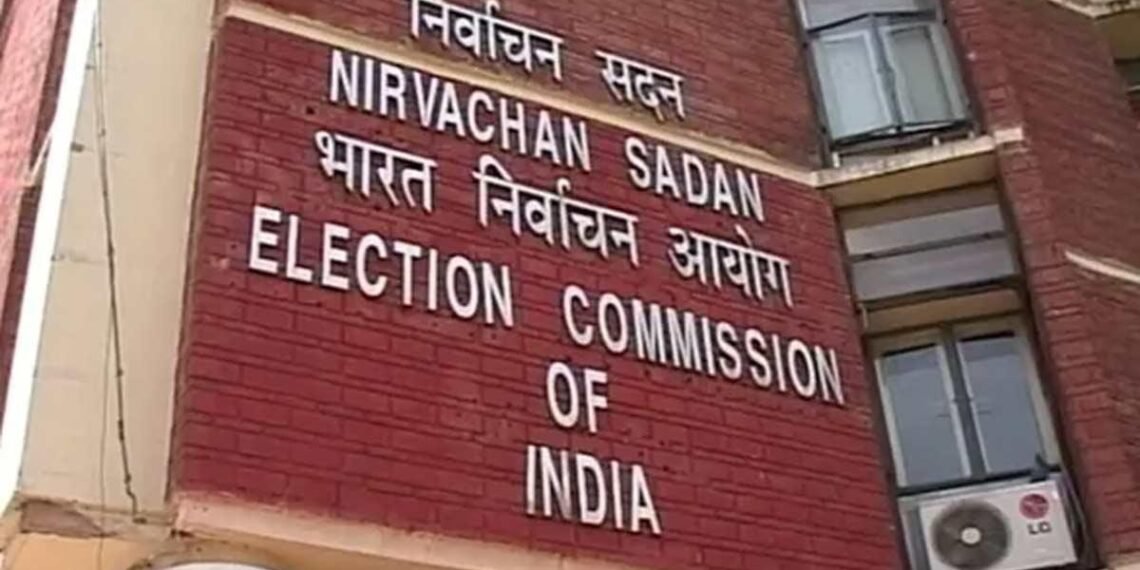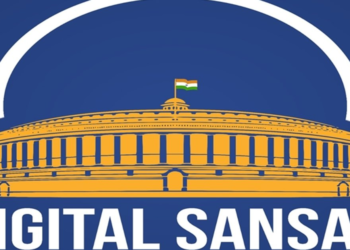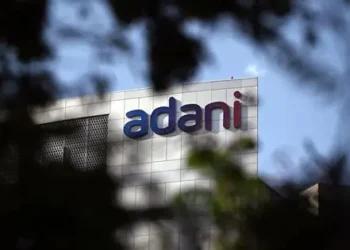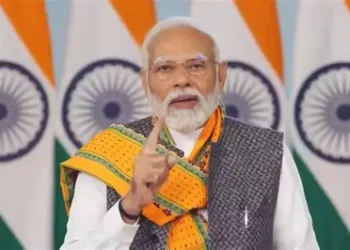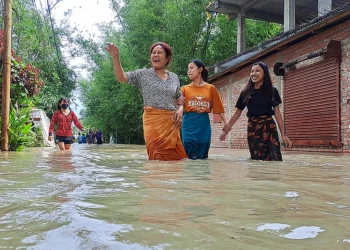New Delhi, August 17, 2025 — The Election Commission of India (ECI), led by Chief Election Commissioner (CEC) Gyanesh Kumar, convened a rare press conference on Sunday at the National Media Centre to respond to mounting allegations of “vote theft” made by Congress leader Rahul Gandhi. But instead of easing concerns, the Commission’s defensive stance and refusal to probe the charges deepened questions about its neutrality.
The briefing came against the backdrop of Gandhi’s “Voter Adhikar Yatra” launched in Sasaram, Bihar, earlier in the day, and his repeated claims that the ECI had colluded with the ruling BJP to manipulate voter lists through the Special Intensive Revision (SIR) process. Gandhi has accused the Commission of disenfranchising lakhs of marginalized voters while enabling bogus registrations to benefit the BJP.
Rahul Gandhi, in a series of public addresses earlier this month, accused the ECI of overseeing large-scale fraud through duplicate voter entries, fake addresses, invalid photographs, bulk registrations, and misuse of Form 6. He cited examples ranging from alleged irregularities in Karnataka’s Mahadevapura constituency to a sudden surge of one crore new voters during the 2024 Maharashtra Assembly elections.
In Bihar, opposition parties claim that nearly 65 lakh names were struck off voter lists under the SIR process — disproportionately affecting Dalits, Adivasis, minorities, and migrant workers.
READ: Congress Casts Rahul Gandhi as ‘Jannayak’ in Bihar Yatra
Questions Put to the CEC — and His Responses
Will the ECI order an investigation into Gandhi’s allegations?
CEC Gyanesh Kumar: “Some voters alleged double voting. When asked for proof, no answer was given. Neither the Election Commission nor any voter is afraid of such false allegations.” He insisted that the SIR exercise was transparent, citing 1.6 lakh Booth Level Agents (BLAs) who, along with voters, jointly certified the rolls with signatures and video testimonials. He dismissed Gandhi’s charges as “misleading” and “an insult to the Constitution.” Gandhi was given seven days to submit an affidavit under oath substantiating his claims — or apologize to the nation.
Why are digital, machine-readable voter lists not made public?
- Kumar’s Response: Kumar stated that providing machine-readable voter lists would constitute an intrusion into voters’ privacy, citing a Supreme Court ruling in the 2019 Kamal Nath vs. ECI case. He explained that voter lists contain sensitive personal information, such as names, addresses, and photographs, and making them publicly available in a digital format could violate privacy rights as per the court’s judgment. Instead, he noted that political parties receive draft electoral rolls during the claims and objections period, and the process is transparent with BLA certifications. Kumar did not elaborate on why limited, anonymized data could not be shared to address transparency concerns.
Citing the 2019 Kamal Nath vs. ECI case, Kumar said that rules governed the sharing of electoral rolls, noting that political parties already receive draft rolls during the claims-and-objections period. He added that 28,370 claims and objections were filed in Bihar, but “none from political parties in the last 15 days,” implying that opposition parties failed to act through proper channels.
Why is CCTV footage from polling booths erased, as Gandhi alleged?
Kumar: He explained that footage is preserved only if an election petition is filed within 45 days, arguing that retaining video from more than one lakh polling stations was impractical: “It would take 273 years to review.” Calling Gandhi’s question “ridiculous,” he warned that indefinite retention could also violate voter privacy. He did not, however, address the allegation of footage being erased “on orders.”
READ: Rahul Kicks Off ‘Vote Adhikar Yatra’, Slams BJP & ECI
Why is the ECI threatening opposition leaders instead of addressing their concerns?
Kumar: The CEC rejected the claim outright. “For the Election Commission, the birth of every political party takes place through registration with the Commission itself. We treat all parties equally.” He accused opposition leaders of ignoring certifications from their own BLAs and deliberately spreading confusion. “When more than seven crore voters stand with the Election Commission, neither the credibility of the EC nor that of the voters can be questioned,” he said.
Is the ECI acting as an agent of the BJP?
Kumar: “For the EC, there is no ruling side or opposition side; all are equal.” He insisted that the SIR was launched in response to long-standing demands from all parties to clean up voter rolls. Accusing the opposition of misrepresenting facts, Kumar denied any collusion with the BJP, but offered no evidence to directly counter Gandhi’s examples.
Refusal to Probe Allegations
Despite repeated questioning, the ECI categorically refused to initiate an independent investigation. Instead, it doubled down on procedural defenses — arguing that if opposition parties had genuine grievances, they should have been filed during the official claims-and-objections period.
The Commission also issued a note reminding political actors that under Rule 20(3)(b) of the Registration of Electors Rules (1960), any citizen alleging wrongdoing must file a signed declaration. “Had these issues been raised at the right time through the right channels,” it said, “concerned officers could have corrected genuine mistakes.”
Criticism and Political Reactions
The ECI’s combative tone and its demand for an affidavit or apology drew sharp criticism. Opposition leaders accused the Commission of intimidating Gandhi instead of engaging with the substance of his charges. Gandhi has already dismissed the demand for an affidavit, saying, “I have already taken the oath of the Constitution in Parliament.”
On social media, critics accused Kumar of sounding more like a ruling party spokesperson than a neutral umpire. One post read: “EC Gyanesh is giving a political speech attacking the Opposition — officially sounding like a BJP member. No answers to Rahul Ji’s PC.”
Congress and RJD leaders vowed to continue their campaign, with the INC posting: “The BJP and Election Commission are stealing votes, but we will stop them and show the truth of SIR to the country.” The BJP, on the other hand, dismissed the allegations as excuses for opposition failures.
What was meant as a clarifying press conference may have further clouded the Election Commission’s credibility. By refusing to open a probe and leaning heavily on procedure, the Commission left core questions unresolved — from voter list transparency to CCTV footage retention.
With the Voter Adhikar Yatra now marching across Bihar and the 2025 Assembly polls looming, the clash between the ECI and the opposition is shaping up as a defining battle — not only over electoral rolls, but over the very perception of India’s democratic integrity.


